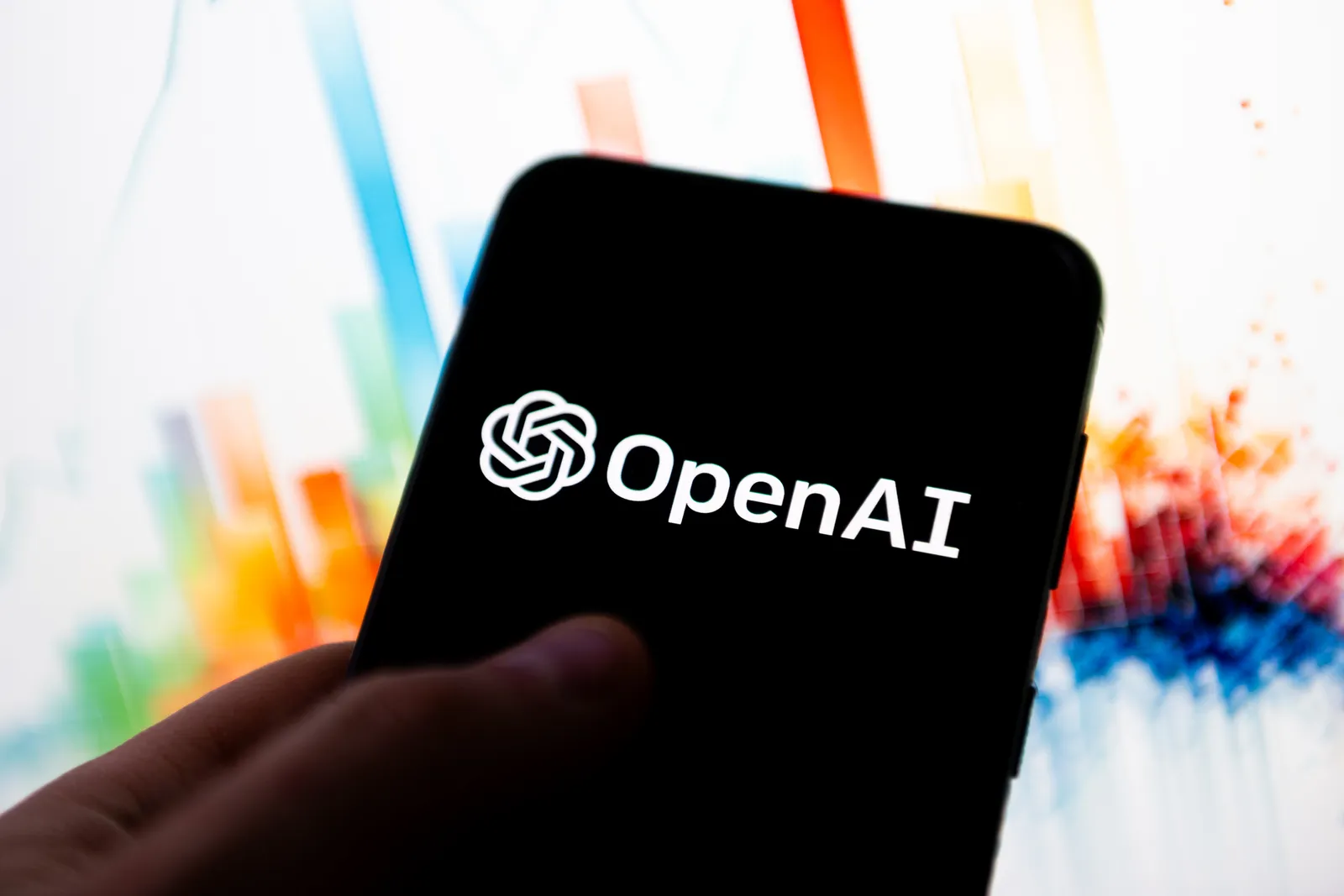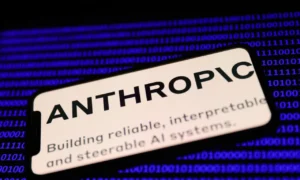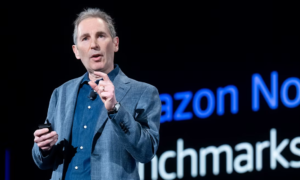Britain’s struggling public sector is about to get a Silicon Valley makeover. The UK government announced a sweeping partnership with OpenAI that could put artificial intelligence at the heart of everything from schools to courtrooms. It’s an ambitious gamble on technology fixing what decades of budget cuts couldn’t.
The Deal That Could Reshape Britain
OpenAI, the company behind ChatGPT, has signed an agreement with the UK’s science department to deploy AI tools across British public services. The partnership targets education, defense, security, and justice systems where bureaucratic bottlenecks have frustrated citizens for years.
Technology Secretary Peter Kyle framed the move as essential for economic revival. The UK’s economy crawled forward at just 0.1% to 0.2% growth in the latest quarter. Traditional fixes aren’t working.
“AI will be fundamental in driving change” in the UK and “driving economic growth,” Kyle said.
The agreement outlines plans for an “information sharing programme” between the government and OpenAI. Translation: British public data could help train future versions of ChatGPT. The partnership also explores building AI infrastructure, which usually involves building or expanding data centres (large banks of computer servers which power AI).
OpenAI sweetens the arrangement by expanding its London office beyond its current 100-person workforce. Chief executive Sam Altman promised the plan would “deliver prosperity for all.
But this isn’t a binding contract yet. It’s a statement of intent that leaves crucial details unresolved.
What’s Actually at Stake Here
Consider the scale of transformation this represents. Britain’s National Health Service handles 1.7 million patient contacts daily. Its courts process hundreds of thousands of cases annually. Schools educate 8.9 million children. AI could theoretically streamline all of it.
Dr Gordon Fletcher from the University of Salford sees potential in freeing up skilled workers. The collaboration could “focus highly skilled public servants on the difficult one-in-a-million situations that AI might struggle to address,” he explained.
The government already tests this approach through “Humphrey,” AI-powered productivity tools in the civil service that use OpenAI models. Early results remain largely private, though officials hint at promising efficiency gains.
Britain has already struck similar deals with OpenAI’s rivals Google and Anthropic earlier this year. The UK government has made clear it is open to US AI investment, positioning itself as Europe’s AI testing ground while competitors impose stricter regulations.
Privacy Hawks Circle
Digital rights groups aren’t buying the productivity promises. They see something more troubling: a cash-strapped government handing over citizen data to maximize a private company’s profits.
Martha Dark from Foxglove, a digital rights campaign group, called the agreement “hopelessly vague.” She warns that the “treasure trove of public data” Britain holds “would be of enormous commercial value to OpenAI in helping to train the next incarnation of ChatGPT.”
The criticism cuts deeper than privacy concerns. “Peter Kyle seems bizarrely determined to put the big tech fox in charge of the henhouse when it comes to UK sovereignty,” Dark said.
Even industry insiders question the approach. Tim Flagg from UKAI, representing British AI businesses, argued that government AI plans take a “narrow view” of the sector and “focus too much on big tech” rather than supporting domestic innovation.
Fletcher acknowledges the central challenge: whether this transformation can “really be done transparently and ethically, with minimal data drawn from the public.”
The Bigger Gamble
This partnership reveals Britain’s desperate search for economic relevance in the AI age. While China builds state-controlled AI systems and America dominates through private tech giants, Britain is betting on becoming the West’s AI laboratory.
The timing reflects political reality. Prime Minister Keir Starmer announced his “AI Opportunities Action Plan” in January, backed by major tech companies but criticized for favoring Silicon Valley over British startups. Kyle has dined with Altman twice this year, transparency records show, as part of his stated strategy to work with “global companies which are innovating on a scale the British state cannot match.”
That admission captures Britain’s dilemma. The country that invented the computer and the World Wide Web now finds itself dependent on American AI companies for its digital future.
The government promises that “world-changing AI tech” developed through this partnership will drive growth. But critics worry Britain is trading long-term sovereignty for short-term efficiency gains.
What Comes Next
The real test lies in implementation details still being negotiated. How much British data will OpenAI access? What safeguards protect citizen privacy? Can domestic AI companies compete for similar partnerships?
Musicians have already protested the government’s embrace of AI that uses their work without permission. Similar battles over consent and compensation seem inevitable as AI spreads through public services.
The Labour government’s approach suggests these concerns won’t slow adoption. Officials view AI as essential for competing globally while managing domestic budget pressures.
Whether citizens will embrace AI-powered government services remains unclear. Public trust in technology companies has eroded following data scandals and misinformation crises. Adding AI to already strained public services creates new risks alongside promised benefits.
Britain is essentially volunteering to beta test the future of AI-powered government. The results will likely influence how other democracies approach similar partnerships.
The stakes couldn’t be higher: get it right, and Britain positions itself at the forefront of the AI revolution. Get it wrong, and the country risks becoming a cautionary tale of technological overreach.

























